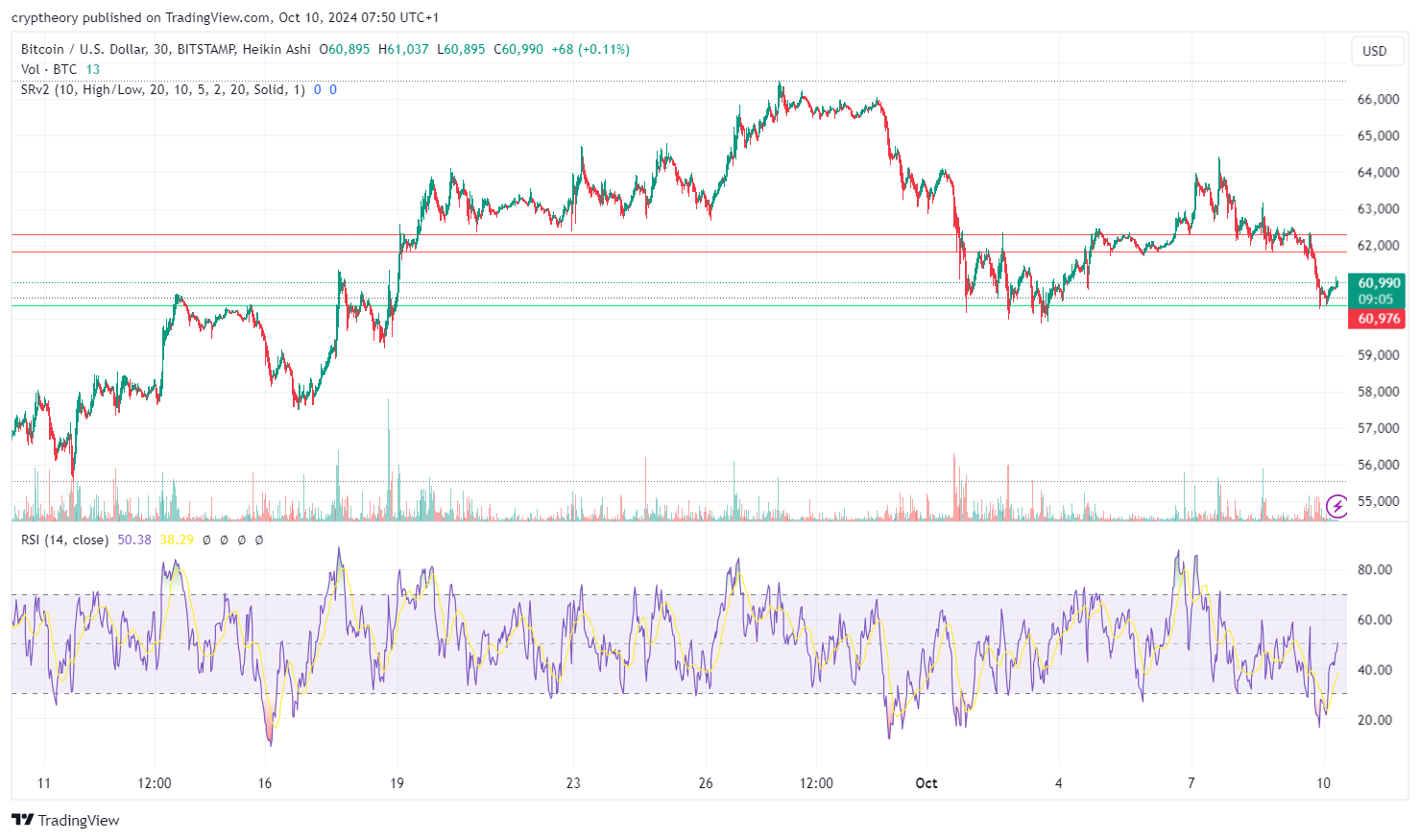Turkey’s top central banker, Naci Ağbal, told members of parliament on Friday that the country plans to pilot a central bank digital currency (CBDC) in the second half of next year. But it may not be enough to save the flagging lira, argues a co-founder of one of Turkey’s leading opposition parties.
The Turkish Central Bank established the Directorate-General Financial Innovation in November earlier this year to carry out R&D into CBDCs.
Just two months later, Ağbal said, “Currently, the conceptual phase of this project has been completed. We aim to start pilot tests in the second half of 2021.”
Coinciding with the announcement is the continued collapse of the Turkish lira, the country’s currency that has hit record lows since the summer. The lira recorded a 23 per cent drop against the dollar this year.
Medeni Sungur, the president of the Turkish media think-tank Digital Media and Research Institute, told Decrypt, “Turkey’s digitalisation policy is partially driven by the desire to catch up with the rest of the world and a sense of techno-optimism: İf we have a social or economic problem, well, maybe the answer is ‘let’s go digital’, and the problem will solve itself.”
The surprise move places Turkey far ahead of the dozens of other countries exploring CBDCs, most of which are yet to commit to pilots.
But Turkey’s digital currency play may not be enough to save the country’s ailing currency, Alper Akalın, a founding member of Turkey’s opposition party, DEVA, told Decrypt.
DEVA’s leading co-founder is Ali Babacan, who served as President Erdoğan’s economic minister during the lira’s golden years of 2002-2013.
“Digital currency is exciting, but it is not the deus ex machina that will save the country’s tanking lira,” he said.
Bitcoiners perceive their currency as a hedge against central banks because it’s decentralized and is in finite supply. CBDC are often neither, and Turkey’s may thus be subject to the discretion of its government, which tightly controls the Central Bank and has driven the lira into the ground, said Akalın.
President Erdoğan is a staunch promoter and practitioner of an unusual economic theory that high interest rates fuel inflation.
“The unconvincing track record of Turkish government’s discretionary monetary policy will inevitably underpin its CBDC, and so it will be subject to arbitrary governance just like the country’s ill-fated lira,” Akalın told Decrypt.
“This is no recipe for investor confidence. Just the same old policies in digital disguise.”
Turkey joins a growing number of countries exploring CBDCs. 80% of all countries are looking into the technology, according to a January report by the Bank for International Settlements (BIS).
But as Decrypt reported in October, only a few countries have taken concrete steps to implement one.
The Bahamas, the 385,000-strong island nation, launched “Sand Dollars” in October. In the same month, China’s CBDC, which is currently in pilot, had processed transactions worth 1.1 billion yuan. Turkey announced that it was just beginning to explore CBDCs a month later.
Turks are no stranger to blockchain and crypto. As the country’s inflation soared this year, Turks have turned to cryptocurrency to protect the value of their savings.
“But Paypal, which now backs Bitcoin, is still banned in Turkey as the platform lost its license to operate in 2016,” Sungur told Decrypt.
“To me and many other Turks following digital developments like cryptocurrencies, what seems more urgent is allowing PayPal to operate in Turkey – not rushing to implement CBDC.”
Perhaps what helped Turkey leap-frog into the pilot test phase was the realisation that the country already has a taste for cryptocurrency.























